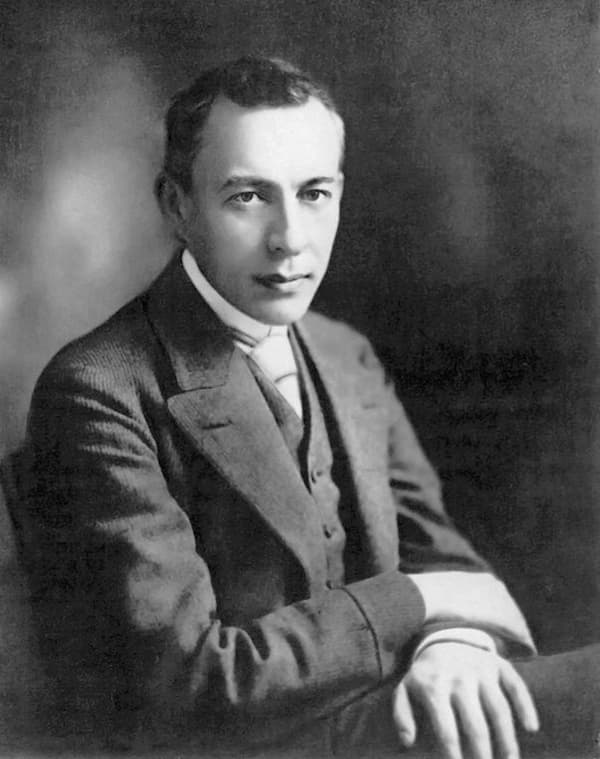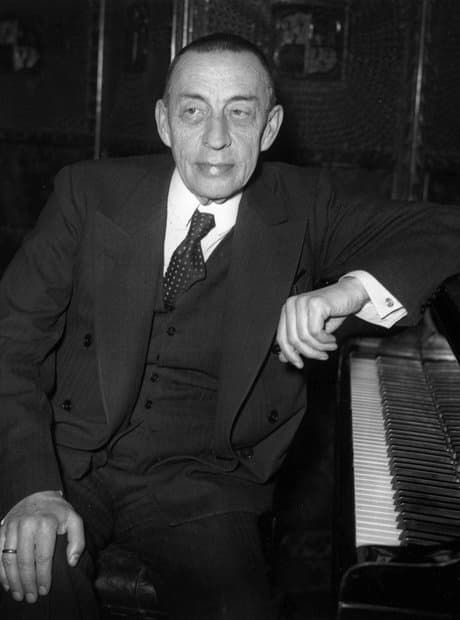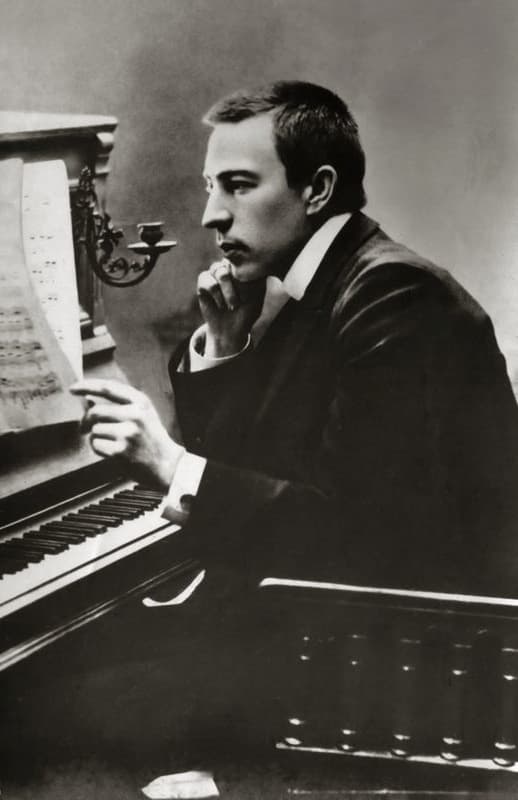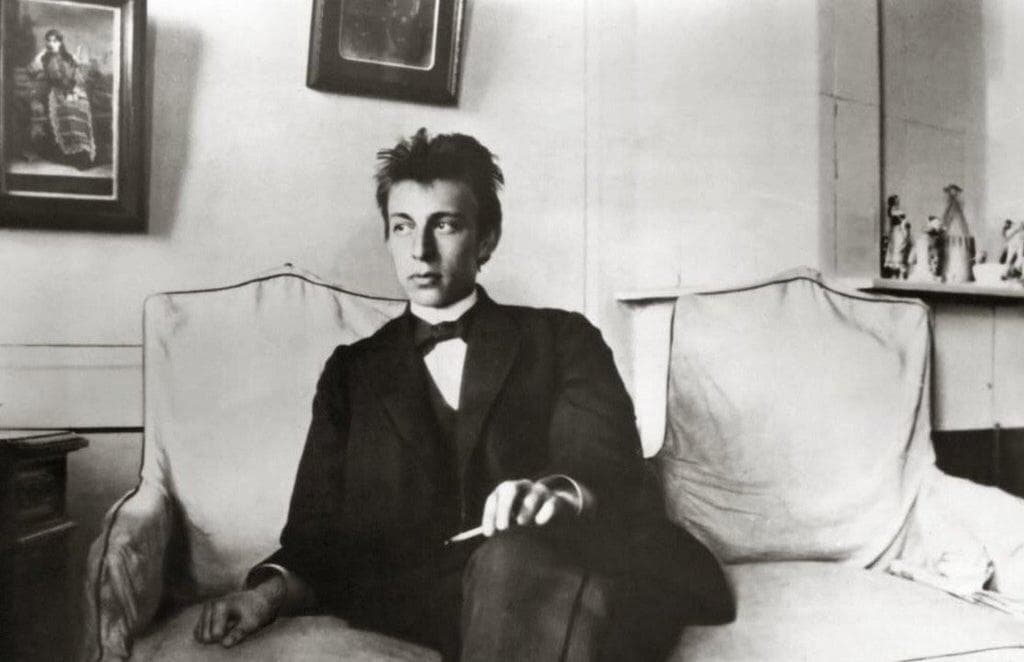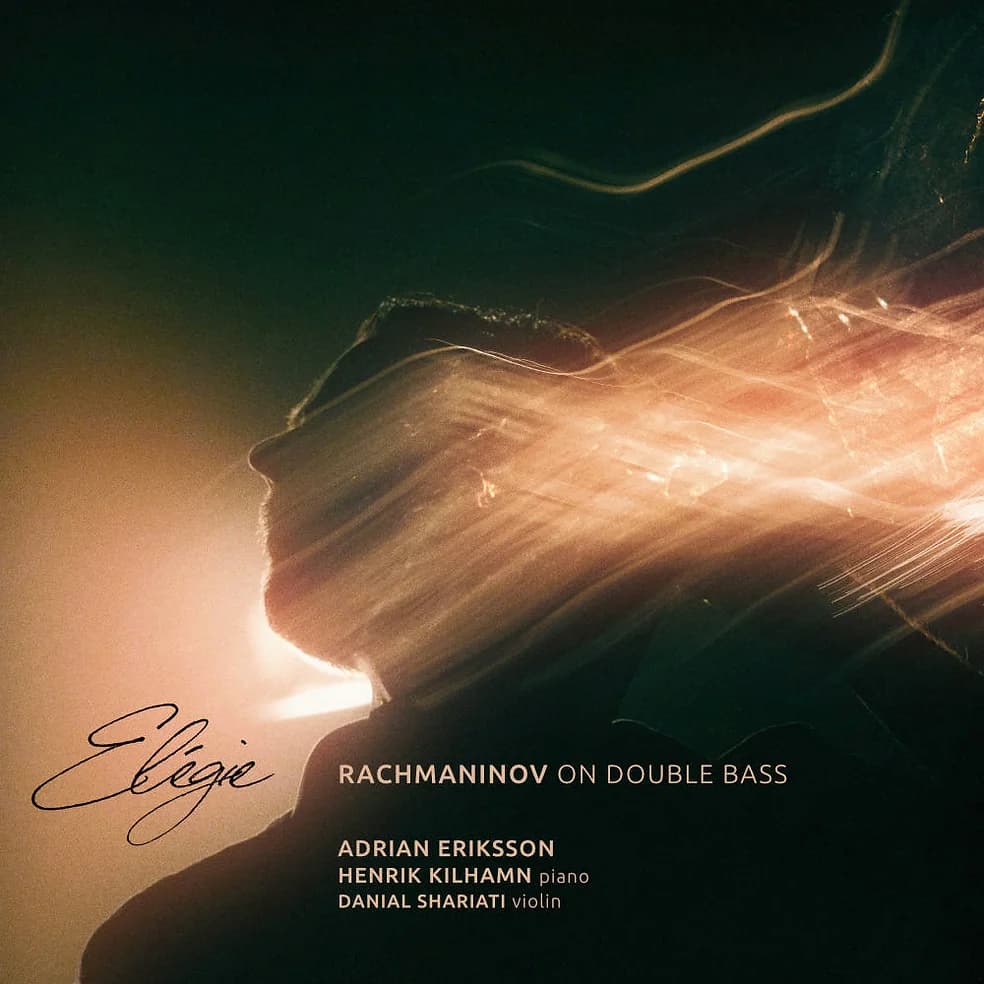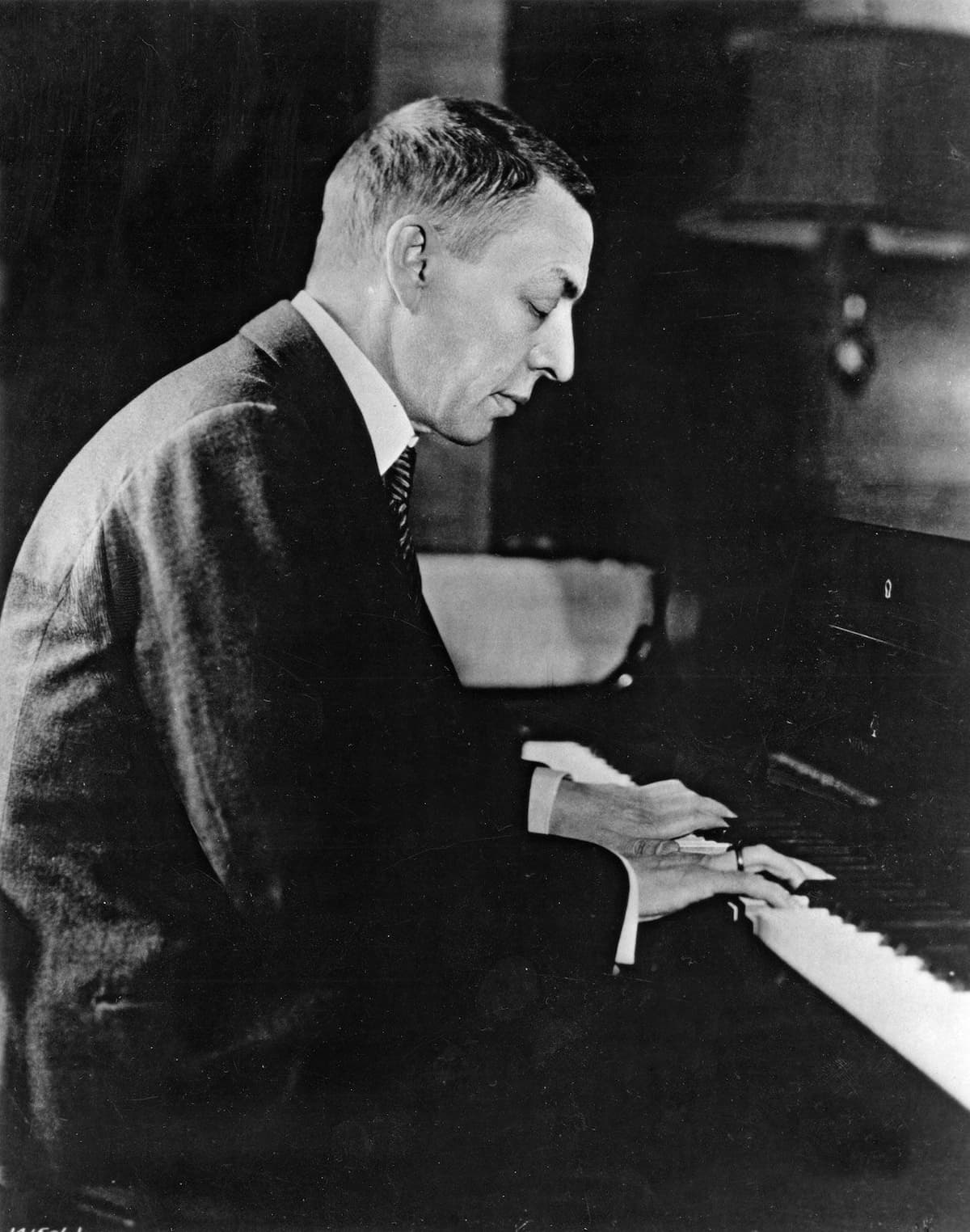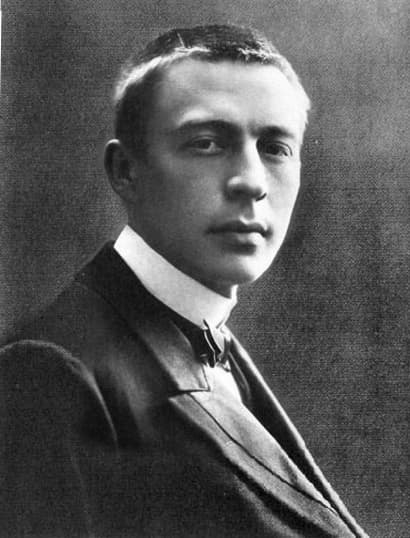The short piano pieces by Sergei Rachmaninoff are a treasure trove of Romantic brilliance. They stand as some of the most electrifying and soul-stirring works in the repertoire. Rachmaninoff blends jaw-dropping virtuosity with heart-wrenching emotion, ranging from thunderous chords to
Rachmaninoff
Written in1940, late in his career, the Symphonic Dances by Sergei Rachmaninoff (1873–1943) started out to be a ballet with choreography by Leonid Fokin, but Fokin died in 1942, and the idea died with him. Almost a symphony, albeit in
The 83 Romances by Sergei Rachmaninoff (1873-1943) include some of his finest and most memorable music. They are part of the Russian contribution to the great 19th-century stream of Romantic songs, and the composer cultivated the musical garden he inherited
Sergei Rachmaninoff was born in 1873 in Russia. He became one of the greatest pianists of his generation, as well as one of the most famous composers. Here are a few facts about Rachmaninoff’s life and music: Rachmaninoff’s music is
Sergei Rachmaninoff wrote countless gorgeous and unforgettable melodies, none more famous than his “Vocalise.” That particular earworm comes from a collection of 14 songs, but the Vocalise has no text. As Rachmaninoff explained to a singer, “What need is there
You might wonder what Rachmaninoff wrote for the Double Bass. He didn’t! But his gorgeous melodies lend themselves to soulful interpretations and certainly the album Elégie: Celebrating 150 Years of Rachmaninoff on the Double Bass is poignant and should appeal
The process of adapting a piece of music for a scoring other than that of the original dates back for centuries. For one, by fashioning transcriptions and arrangements of orchestral works or operas, the public gained access to the latest
At age 19, Sergei Rachmaninoff (1873–1943) wrote his Op. 3, Morceaux de Fantaisie, including as its second movement, the Prelude in C sharp minor that would haunt him for years. Even considering the fame of the Prelude, all of the

